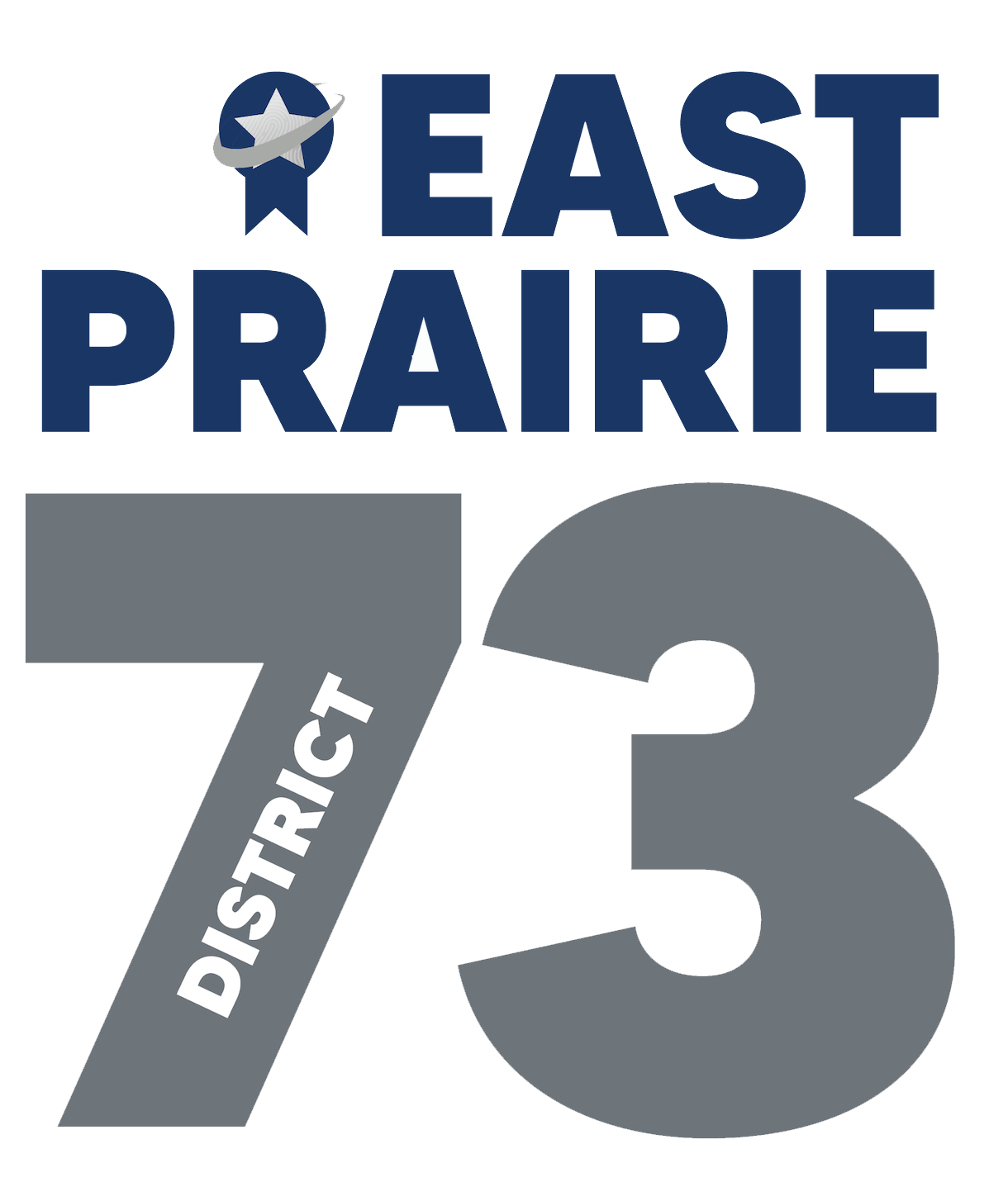Concussions
Concussion Protocol
A concussion is a brain injury that is caused by a blow to the head, face, neck, or by a blow to another part of the body with the force transmitted to the head. It is a clinical diagnosis made by a medical doctor or nurse practitioner. Concussions can range from mild to severe and can disrupt the way the brain normally works. Even though most concussions are mild, all concussions are potentially serious and may result in complications including prolonged brain damage and death if not recognized and managed properly. In other words, even a “ding” or a bump on the head can be serious. Concussions cannot be seen and most sports concussions occur without loss of consciousness. It is critical that a student/athlete with a suspected concussion be examined by a medical doctor or nurse practitioner. Even what seems to be a mild bump to the head can be serious. Research indicates that a concussion can affect a student’s school performance in both cognitive activities (school work) and physical activities (physical education program/sports). Research also indicates that engaging in cognitive/physical activities, while a child has a suspected and/or diagnosed concussion, can worsen concussion symptoms and delay the student’s recovery.
Signs and symptoms of concussion may show up right after the injury, or can take hours or days to fully appear. If your child reports any symptoms of concussion, or if you notice the symptoms or signs of concussion yourself, seek medical attention right away.
Symptoms may include one or more of the following:
Headaches
Neck pain
Balance problems or dizziness
Nausea or vomiting
Pressure in head
Blurred, double, or fuzzy vision
Sensitivity to light or noise
Feeling sluggish or slowed down
Feeling foggy or groggy
Drowsiness
Amnesia
“Don’t feel right”
Sadness
Irritability
Confusion
Change in sleep patterns
Fatigue or low energy
Nervousness or anxiety
More emotional
Concentration or memory problems
Signs observed by teammates, parents and coaches include:
Appears dazed
Vacant facial expression
Confused about assignment
Forgetful
Moves clumsily or displays lack of coordination
Answers questions slowly
Slurred speech
Shows behavior or personality changes
Unable to recall events prior to hit
Unable to recall events after hit
Seizures or convulsions
Any change in typical behavior or personality
Loses consciousness
If signs/symptoms of a concussion are observed:
Students with the signs and symptoms of concussion should be removed from play immediately. Continuing to play with the signs and symptoms of a concussion leaves the student especially vulnerable to greater injury. There is an increased risk of significant damage from a concussion for a period of time after that concussion occurs, particularly if the student suffers another concussion before completely recovering from the first one. This can lead to prolonged recovery, or even to severe brain swelling (second impact syndrome) with devastating and even fatal consequences. Because students might not report symptoms of injury, it is critical that administrators, teachers, coaches, parents and students recognize the symptoms of a concussion and respond accordingly. If you think your child has suffered a concussion Any student suspected of suffering a concussion should be removed from the game, activity, or practice immediately. No student may return to activity after an apparent head injury or concussion, regardless of how mild it seems or how quickly symptoms clear, without medical clearance. Close observation of the student should continue for several hours.
District 73 Board Policy 7:305 requires students to provide written clearance from a licensed healthcare professional (MD, PA, APN) prior to returning to school with guidance for returning to play or practice following a concussion, or after being removed from an interscholastic sport due to a possible head injury. In accordance with Illinois state law, all public schools are required to follow this policy.
You should also inform your child’s coach, nurse, or classroom teacher if you think that your child may have a concussion. It is better to miss one game than miss the whole season. When in doubt, the student sits out.
For more information on concussions:
Concussion Fact Sheet .pdf
Hoja informativa para los deportistas y sus padres acerca de las conmociones cerebrales.pdf
HEADS UP Fact Sheet for Parents.pdf
Hoja informativa para los padres .pdf
AAP Return to School_Gym Form.pdf
Parent Guardian Responsibilities for concussion:
•Provide a written concussion diagnosis by a physician licensed to practice medicine in all its branches in Illinois (MD or DO), advanced practice registered nurse (APN), or physician assistant (PA) to the school.
•Share any medical provider recommendations in writing to the school team throughout recovery.
•Assure adequate sleep through all stages of recovery. The brain heals during sleep.
•Review the District 73 Return to Learn and Return to Play Protocols.
•Following the first several days of diagnosis, your child should resume a gradual schedule of light activity and light academic work, that does not exacerbate symptoms.
•Closely monitor your child’s symptoms expressed with academic or physical activity. Note the number of symptoms and severity of symptoms. Stop the activity when symptoms arise.
•Avoid prolonged absences from school: social isolation and absences from school have their own negative consequences.
•Collaborate with school on appropriate school participation and accommodations with guidance of medical clearance from a licensed healthcare provider.
•Continue to gradually increase the duration and intensity of academic activities as tolerated without exacerbating symptoms.
•Reassure the child to push through mild symptoms with cognitive activity/homework.
•Before being allowed to return to Physical Education and/or athletics, provide medical clearance (MD/DO, APN, or PA).
•Once the student is medically cleared, provide a signed and dated Post Concussion Consent form, to the school nurse.
Helpful Links
Post Concussion Consent form
How Can I Help My Child Recover After a Concussion?
